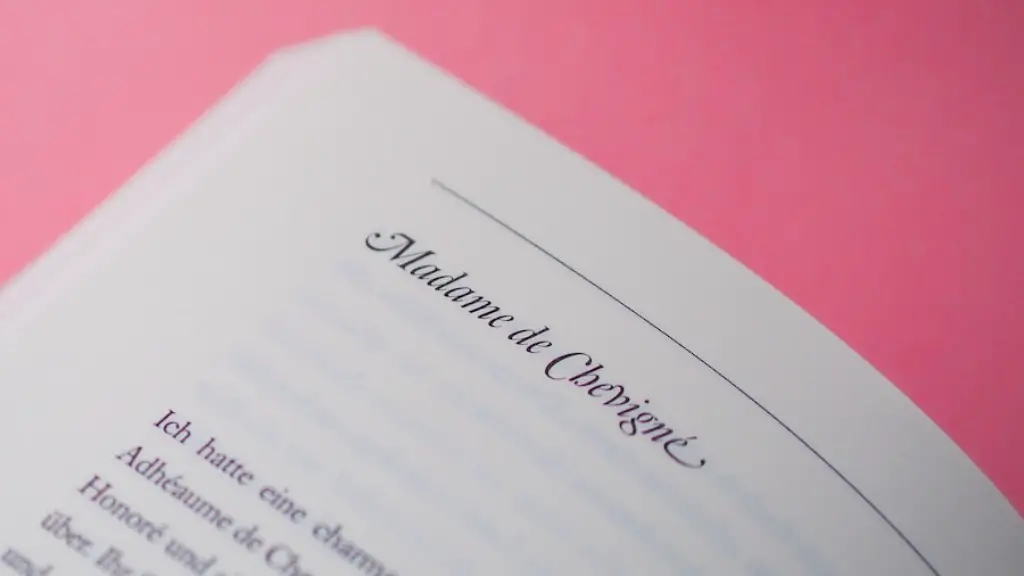Mark Twain was one of America’s most beloved writers and had a keen interest in politics and social issues. He was particularly known for his anti-imperialism stance. This was evident in his books, essays and public speeches. Twain was a fierce critic of imperialist expansion and viewed it as an unjustified violation of the political rights of other nations.
Twain viewed imperial expansion as immoral and capitalist in nature. He believed that the subjugation of foreign nations and the exploitation of their resources was a form of economic robbery. He wrote extensively on the subject, including in his satirical short story “The War Prayer”, where he attacked the moral justification of invasion and occupation of weaker countries. He described imperialism as “a crime” and “an outrage”.
Twain also expressed concern over the violence and disruption of imperialist powers. He wrote of how the “blundering swords” of imperial powers were causing destruction, displacement and political chaos in foreign lands. He argued that it was a violation of the “rights of mankind” for powerful nations to impose their will on weaker countries. He also saw imperialism as a lack of moral courage, emphasizing in particular the refusal of aggressor nations to recognize the legitimacy of the nations they were attacking.
In his books and essays, Twain was scathing in his criticism of imperialist powers such as the British Empire. He argued that the exploitation of weak countries was itself an act of cowardice, an inability to accept the natural order of things. He felt that imperial powers were obliged to respect the sovereignty of other nations, but chose instead to impose their hegemonic control and subjugate other peoples.
Twain’s view of imperialism often contrasted with the prevailing attitudes of his time. He was a vocal opponent of colonialism and white supremacy, and opposed all forms of imperialism, suggesting that it was a sign of insecurity and fear of other cultures and civilizations.
His views on imperialism were represented in his books, such as The Prince and the Pauper. In the novel, Twain used an allegory to criticize the European empires and their oppressive practices. He argued that the subjugation of foreign peoples for economic gain and political control was wrong and unjustified.
Ultimately, Twain saw imperialism as an attempt by powerful nations to impose their will on weaker countries and exploit them for their own benefit. His stance on imperialism and his criticism of the practice was an attempt to challenge the status quo and demand that imperialism be seen as immoral, racist and wrong.
Violations of Human Rights
Mark Twain fiercely believed that imperialism violated the basic human rights of the people of a country. He viewed imperialism as a violation of the fundamental right of people to rule their own country and to decide their own destiny. He viewed imperialism as a subjugation of different peoples and nations, which violated the right of freedom and sovereignty of weaker countries.
Twain’s views on imperialism extended to cultural imperialism as well. He critiqued the ways in which imperialist nations sought to impose their own values, norms and beliefs on others. He opposed the ways in which these nations sought to undermine the identity of other cultures and impose their own conceptions of what was “right” and “acceptable”.
Twain was a powerful voice against imperialism and used his platform to denounce the practice. He actively sought to challenge the dominant views of imperialism and used his books and essays to oppose the subversive practices of some imperialist nations.
He argued that imperial expansion was a violation of the rights of people and undermined the identity and autonomy of other countries. He was particularly concerned about the detrimental impacts on people of weaker countries, and was a staunch advocate for the rights of all people to be allowed to live their lives free of subjugation.
White Supremacy
Mark Twain was a vocal opponent of white supremacy, particularly in regards to imperialism. He argued that imperialist nations sought to dominate weaker countries and impose their own racial hierarchy and prejudice onto those citizens. He critiqued the ways in which imperialist nations sought to control and marginalize the people of weaker countries with their white supremacist views. Twain felt that imperialist nations sought to impose their will on other countries and impose their own views and standards of living.
Twain viewed white supremacy as an oppressive system that sought to maintain power and privilege over those of other races. He argued that it was a way for imperialist nations to maintain their control and subjugate other cultures. He opposed all forms of racism and argued that imperialism was a continuation of a system of white supremacy.
He argued that imperialist nations had a responsibility to respect the cultures and autonomy of other nations and to oppose racism in all its forms. He felt that the subjugation and exploitation of weaker countries was a violent act of racism and was an example of white supremacy in action. Twain was a strong advocate for anti-imperialism and for the freedom of oppressed peoples.
Reception of Imperialism
Twain’s views on imperialism were met with both criticism and praise. Some argued that he was too extreme in his views and that his rhetoric was too polarizing. Others praised his anti-imperialist stance and felt that it was an important contribution to the debate about imperialism. Twain’s views were met with especially strong criticism from those who advocated for imperialism and saw it as a necessary means of establishing control and order.
Despite the criticism, Twain’s views on imperialism have endured in his writings and have been a source of inspiration to many. His writings are a testament to his unwavering opposition to imperialist expansion and his commitment to justice and freedom. His views have been seen as influential in galvanizing the anti-imperialist movement and inspiring others to speak out against the practices of imperialist nations.
Impact of Twain’s Beliefs
The legacy of Mark Twain’s beliefs on imperialism has been profound. His views on imperialism helped to shape the debate and energize the anti-imperialist movement. His writings on the subject are often cited and seen as influential in challenging dominant views of imperialism. Twain’s views on imperialism were seen as a sign of moral courage and an example of how one person could be an agent of change.
Twain was a powerful voice in the fight against imperialism and his writings helped to challenge the status quo. His writing and his views were a testament to his commitment to freedom and justice and provided a powerful example for others to follow. His anti-imperialism stance was an example of how one person could make a difference and challenge the oppressive forces that sought to control and dominate others.
Conclusion of Mark Twain’s Belief
Mark Twain’s beliefs on imperialism have had a lasting impact and are often cited today. His writings helped to shape the debate and energize the anti-imperialist movement. Twain was a passionate critic of imperialism and viewed it as an immoral and unjustified violation of the rights of other nations. He felt that imperialist nations were obligated to respect the sovereignty of other countries, but instead sought to impose their will and subjugate other peoples.
Ultimately, Twain’s writings provide a powerful example of how one person can challenge the status quo and make a difference. His views on imperialism are often seen as influential and have helped to shape the discourse around the issue. Twain’s views on imperialism were a sign of his moral courage and a challenge to the powerful forces that sought to control and dominate weaker countries.





